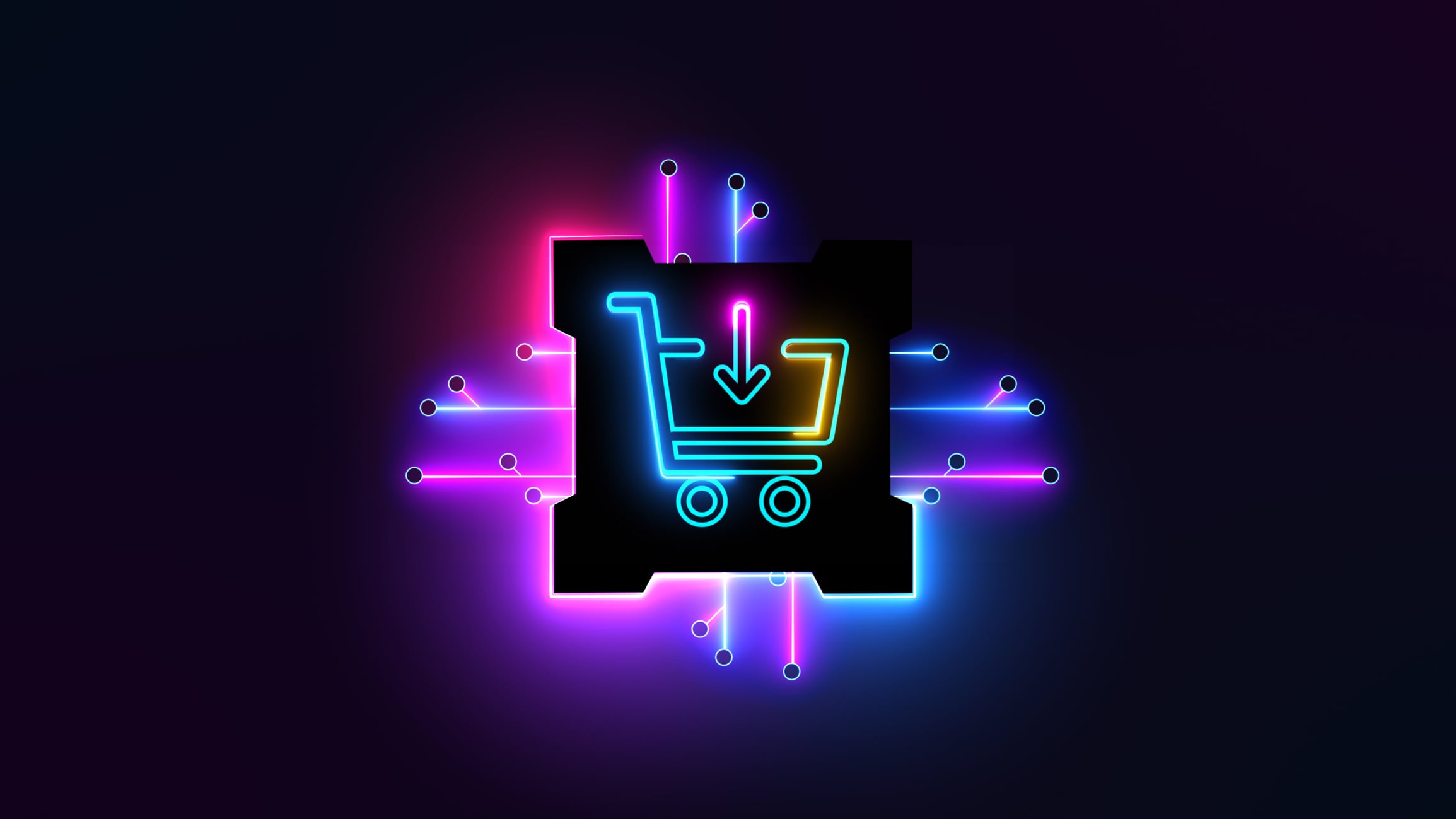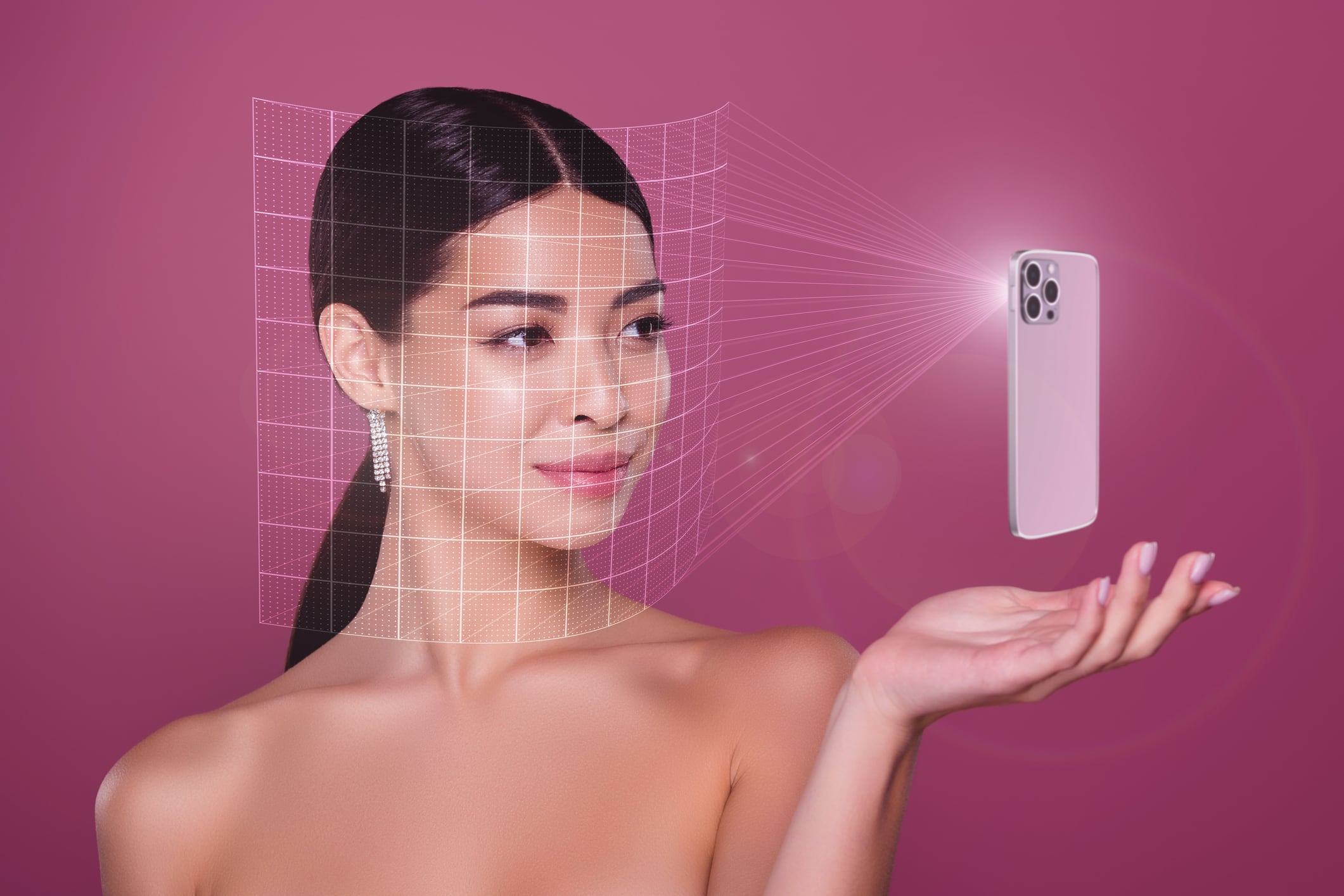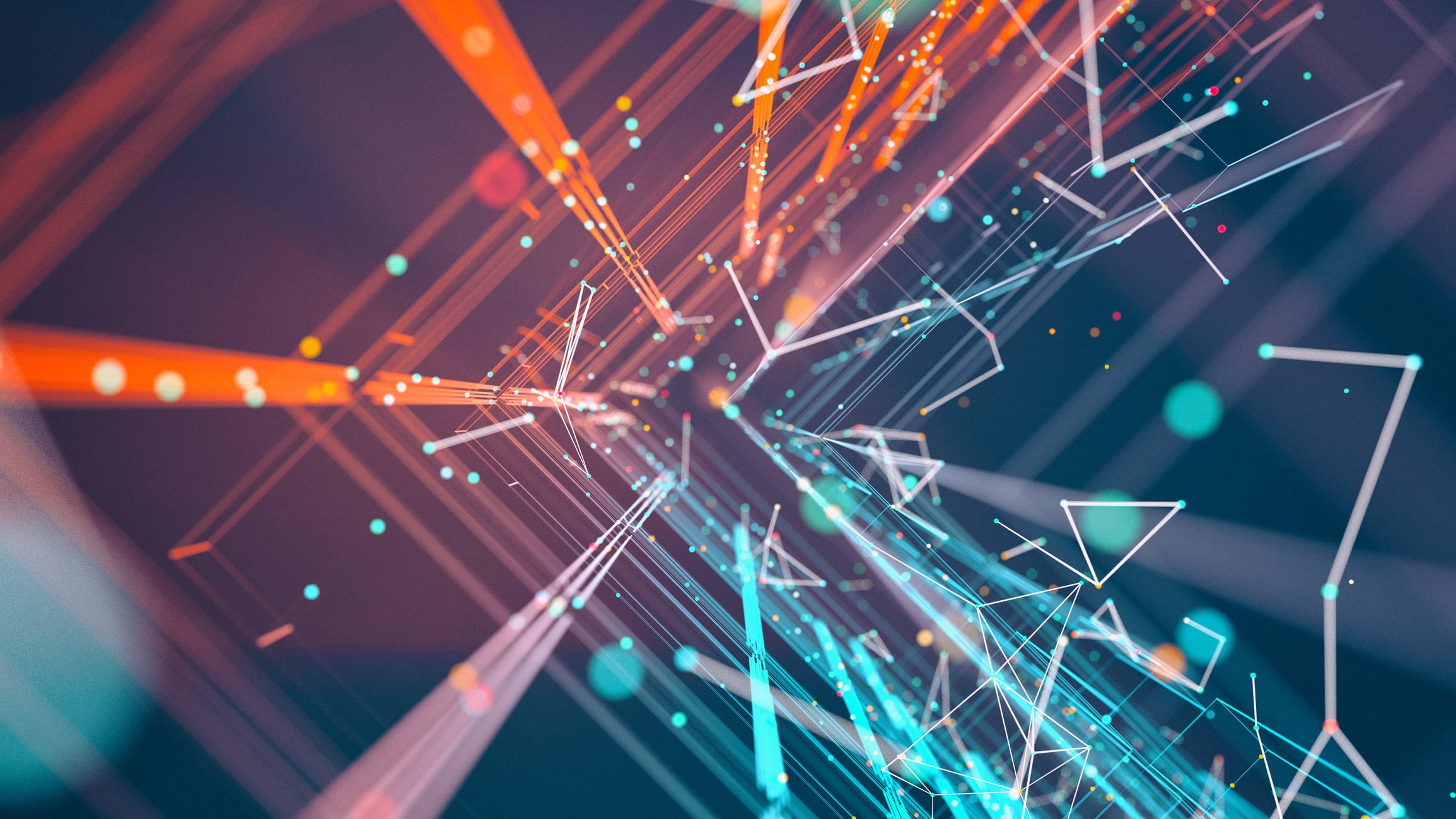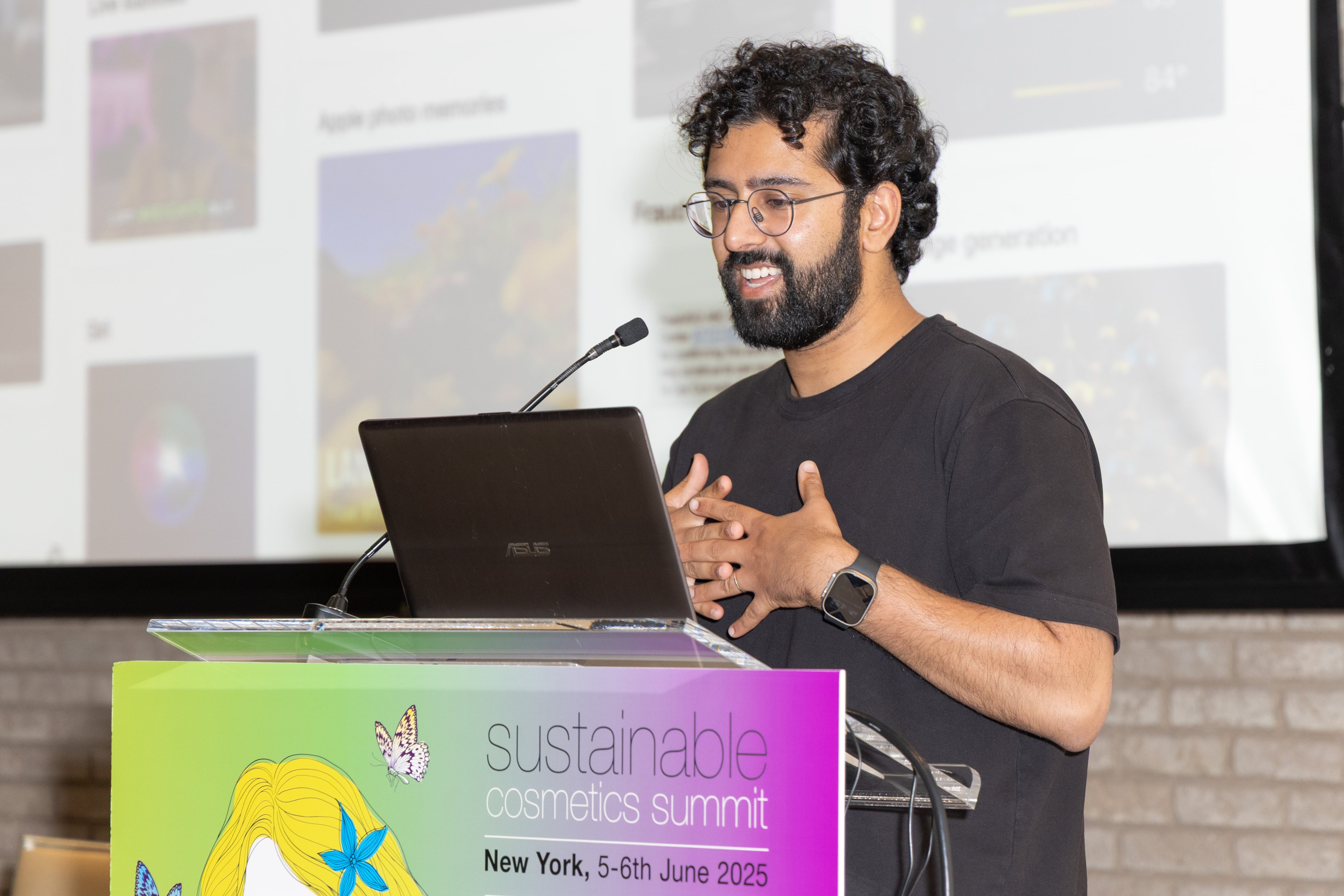Generative AI (gen AI) has emerged as the primary channel for beauty product discovery among active users, according to new research from business management consulting firm Accenture. The findings suggest that beauty manufacturers and suppliers should rethink how their products are surfaced, recommended, and experienced in the age of conversational AI.
“Until a few years ago, consumers typically discovered and purchased beauty products and services by visiting store counters, engaging with social media content and creators, or searching online using brand names or product details,” Audrey Depraeter-Montacel, Accenture’s global beauty lead, told CosmeticsDesign. “Now, with gen AI, the entire purchasing journey is able to be more human-like and conversational.”
The shift comes as consumers increasingly use AI assistants to ask open-ended, personal questions such as “what moisturizer should I buy going into colder months?” or “what pamper sets should I buy my teenage daughter this holiday season?” These tools don’t rely on keyword search or rankings but draw from live product data, including specifications, reviews, sentiment, and availability.
Majority of beauty consumers open to AI-powered personal shoppers
Accenture’s Consumer Pulse Research, which surveyed over 18,000 global consumers, including approximately 1,400 focused on beauty, found that 76% of beauty consumers are open to using a trusted AI-powered personal shopper.
Among active gen AI users, 83% reported that they rely heavily on AI-driven results when forming product opinions. Additionally, 78% described the content they receive as personalized, and 87% found it helpful.
This growing trust in AI-generated recommendations highlights an inflection point for how beauty products are being discovered. “Recommendations will largely depend on the information gen AI gathers,” said Depraeter-Montacel, emphasizing that “it doesn’t crawl, index, or rank content like traditional search engines.”
Optimizing product content now a strategic priority
For beauty brands and suppliers, the accuracy, richness, and presentation of product content now directly influence AI-generated suggestions.
“Beauty companies need to assume responsibility for the content displayed on their websites, ensuring that images, descriptors, and packaging visuals are optimized to ensure brands show up in gen AI list of recommendations,” Depraeter-Montacel said.
She advised companies to implement knowledge management systems that make content accessible to large language models (LLMs). Regular evaluations of AI outputs are also recommended to ensure the brand is being accurately and favorably represented.
Emotional engagement as a loyalty driver
While price and convenience remain important, the research revealed a significant emotional component to beauty purchasing. One in four loyal shoppers said emotionally engaging experiences drive their brand loyalty more than price, convenience, or quality.
“Consumers are adopting gen AI faster than anticipated due to the strong emotional bonds they are forming with the technology, which offers personalized and relevant experiences in a friendly and helpful manner – just as a friend might,” Depraeter-Montacel explained.
In fact, 36% of weekly gen AI users described the technology as “a good friend.” 75% of consumers reported a desire for brands to “remember them personally,” and further, nearly half (42%) said they would switch brands if another better anticipated their needs.
AI-driven discovery & NPD
By analyzing user behavior, Generative AI can also help companies align their product offerings with emerging needs in real-time.
“Through using AI, beauty companies can better understand the intent of the consumer and to use a company’s proprietary product formulas to deliver a recommendation that gets to the right crux of the pain point or need,” Depraeter-Montacel said.
This approach can inform decisions around formulation, packaging, bundling, and messaging, especially as seven in 10 consumers reported wanting multi-brand solutions and eight in 10 said they want product discovery to be easier and more interactive, according to Accenture.
Emerging models offer a blueprint for scalable personalization
Depraeter-Montacel pointed to Noli, a multi-brand AI-powered beauty startup backed by L’Oréal, as an example of how innovation is being operationalized. “Noli turned to AI to empower every beauty consumer with their own trusted beauty and skin care advisor,” she said.
With diagnostics trained on over one million skin data points and thousands of product formulations, Noli provides tailored recommendations that can be delivered directly to the consumer. According to Accenture, models like this offer insight into how brands can combine AI, personalization, and logistics to deliver differentiated consumer experiences.
“It allows them the ability for rapid experimentation to drive innovation and deliver a differentiated brand and shopping experience to its customers,” Depraeter-Montacel explained.





